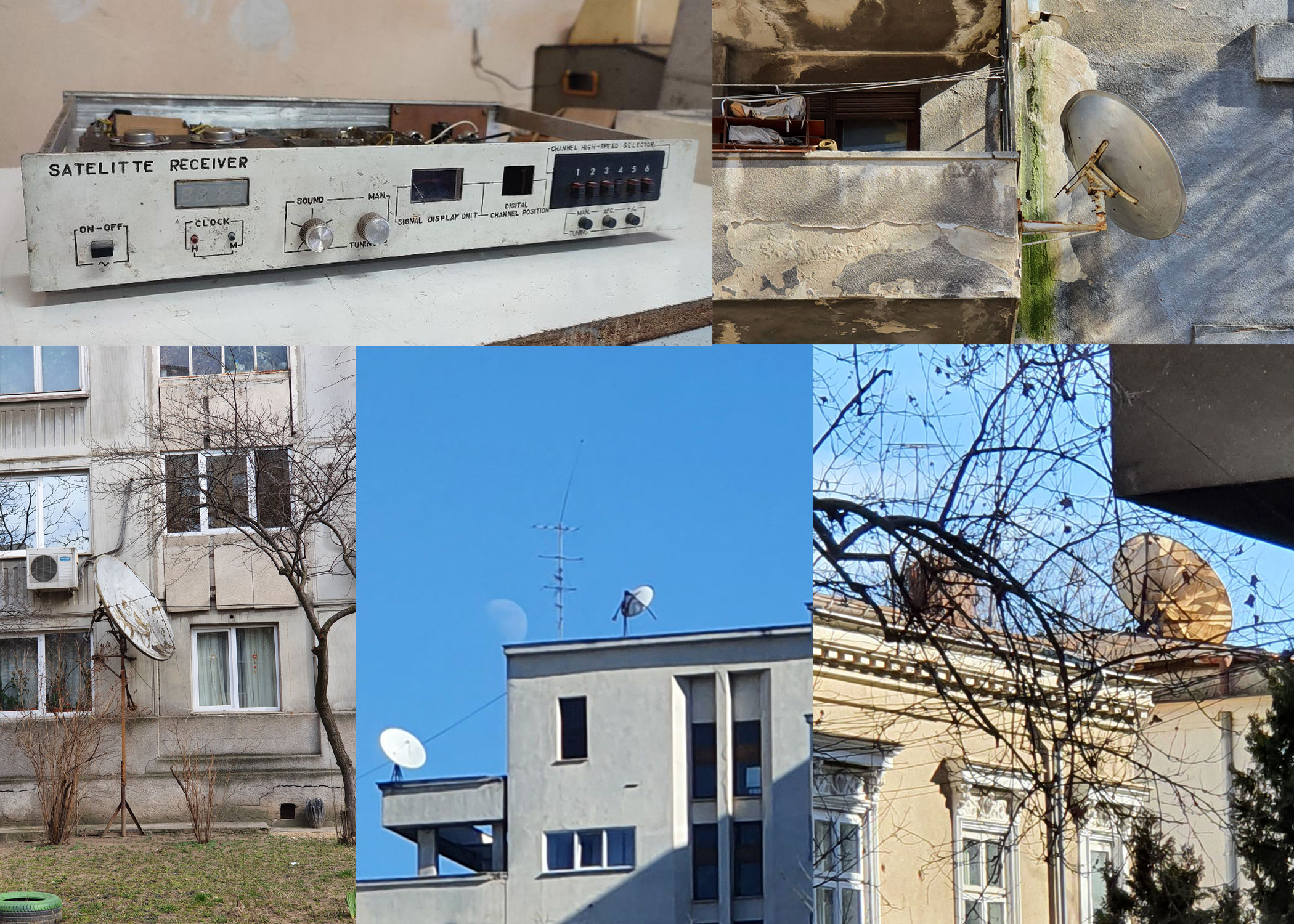
The Teleported Subject in Post-Socialist Romania - Rethinking the Possibility of Eastern European Subjects at the Intersection of (Global) Media and Regional History: The Example of Handmade Satellite
Alexandra Tatar
SoSe 2023
The seminar is offering an incursion into the Eastern European history of technology in the 1980s - 1990s and the relationship between technology, culture, and subjectivity. It proposes an interdisciplinary approach to the former Eastern Europe by looking at its entanglements with technology through the filters of globality, inter-imperiality, technological sublime, electronic cultures, and media archeology. The focus will be on the technology of the satellite, especially in relation to broadcasting. The satellite is part of the network of critical infrastructures which define the advancement of global capitalism after the second world war and is a technology whose physical beginnings are embedded in the history of the cold war (the space race).
The seminar is divided in four parts. (1) First is the question of globality, connected to television, and of the global TV as a result of satellite broadcasting. Information transported through these communication networks – media content of news – begins to co-construct reality. Romanian Revolution Televised, the televised event to mark the end of socialism in Romania became a live global event as the transmission was ensured over the satellite. The whole world was watching as the media now co-constructed reality. History and image superimposed live on TV and deconstructed each other. (2) Second part is based around the question of: How does the political subject form in such a process? This is the question of the spectator and the participant. Technology has added another aspect to this question: that of the producer! (3) Third, focus will be: what did the end of socialism in Europe mean? How was the post-socialist space dealt with (from outside and also from within)? To answer these questions, we will have to go back to the history of Modernity and analyze the distinct roles played by the different Europes (Boatca). The last part (4) will look at the relations to time and temporality: what worldview was traveling through the ionospheric signal sphere? What are the politics of the signal? The last part of the seminar introduces the topic of media archeology.
- Trainer/in: Alexandra